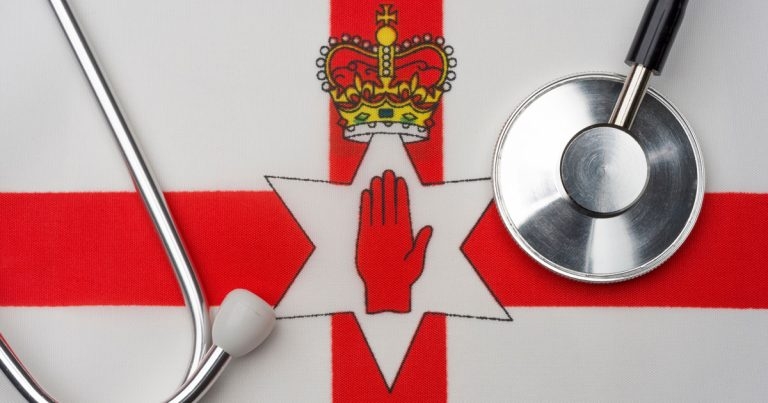28 Jul 2023
Only a “durable and sustainable” solution will be acceptable to resolve the issue in the long term, says Defra.

A new report has warned that a “black market” for veterinary medicines could develop without the agreement of permanent supply arrangements to Northern Ireland.
Although current provisions are set to remain in place for another two years, veterinary and industry groups, including the BVA, have submitted longer-term proposals in evidence to a House of Lords inquiry.
Defra said that only a “durable and sustainable” solution will be acceptable to resolve the issue in the long term.
But the newly published document on the Windsor Framework agreement between the UK and the EU has urged ministers to move quickly to fix it.
The report said: “This issue needs to be resolved now rather than in 2025 when the cliff edge is looming.”
A three-year extension to the current grace period that enables veterinary medicines to be supplied to Northern Ireland without disruption was agreed in December last year, only days before it was due to expire.
While the Windsor Framework agreement, which was reached in February, did not specifically refer to the supply of medicines, it was broadly seen as a step forward for vets, food producers and pet owners.
But concerns have persisted that at least half of the products that are currently used in Northern Ireland will become unavailable overnight if a permanent solution has not been agreed by the end of the current grace period in December 2025.
The most dramatic warning about the potential consequences of that has been provided in published evidence from the Dairy Council for Northern Ireland to the inquiry conducted by a sub-group of the House of Lords European Affairs Committee.
The council said: “Not only would failure to achieve a permanent, workable solution threaten ongoing access to the single market, it would also create the conditions for smuggling and the proliferation of a black market on the island of Ireland in veterinary medicines.”
In its evidence, NOAH officials said the risk of future disruption had not been eliminated, despite the extension of the grace period, because of a lack of movement in “the current divergent positions of the European Commission and the UK” on supply regulations.
It said: “Similar concerns existed over human medicines and adaptations to the NIP were agreed between the EU and UK government to address them. A similar (but not identical) approach is needed for veterinary medicines.”
Potential solutions have been put forward by the BVA, including the introduction of what it called a “grandfather rule” that would allow for the continuing supply of medicines that were aligned with EU regulations pre-Brexit, with newly licensed products adhering to EU rules.
It suggested a change to EU law that would allow products with a marketing authorisation holder located in Great Britain to be used in Northern Ireland, while using the regulatory alignment work from trade deals between the EU and countries such as New Zealand may provide other viable alternatives.
But the group also cautioned that a solution was needed sooner rather than later to avoid “uncertainty and additional stressors on the veterinary workforce”.
Meanwhile, the Ulster Farmers Union has called for a veterinary specific sanitary and phytosanitary agreement to be drawn up between the UK and the EU.
A Defra spokesperson said: “We are committed to ensuring that Northern Ireland can continue to access the veterinary medicines and vaccines they need, and the three-year extension to the grace period has ensured an uninterrupted supply for these products in the immediate term.
“We will continue to work with stakeholders, and we are clear that the only acceptable outcome will be one that provides a durable and sustainable solution which safeguards the supply of veterinary medicines to Northern Ireland.”
But the report cautioned both London and Brussels that efforts to secure a permanent resolution should be accelerated.
It said: “The UK and the EU must, therefore, engage urgently, together with industry stakeholders, to agree a sustainable and mutually agreed solution that protects both the supply of veterinary medicines from the UK and Northern Ireland’s access to the EU single market for goods, at the same time protecting complex supply chains between Northern Ireland, Great Britain and Ireland.”
A formal Government response to the report is expected to be made by late September.